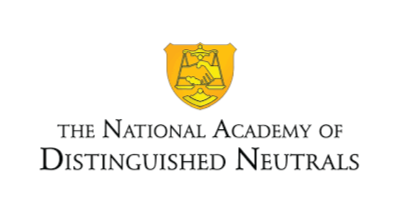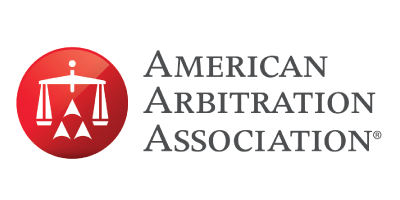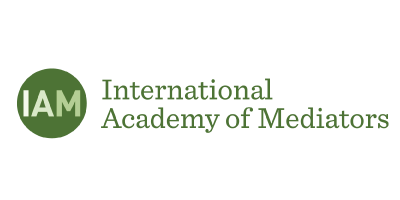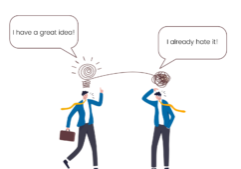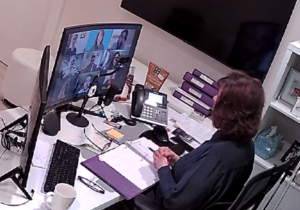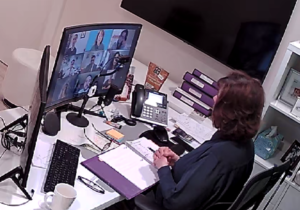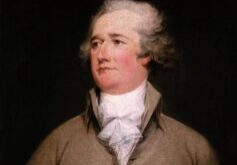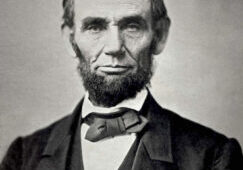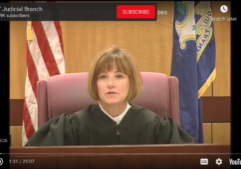Can We Talk?
by Judge Elaine Gordon (ret.)
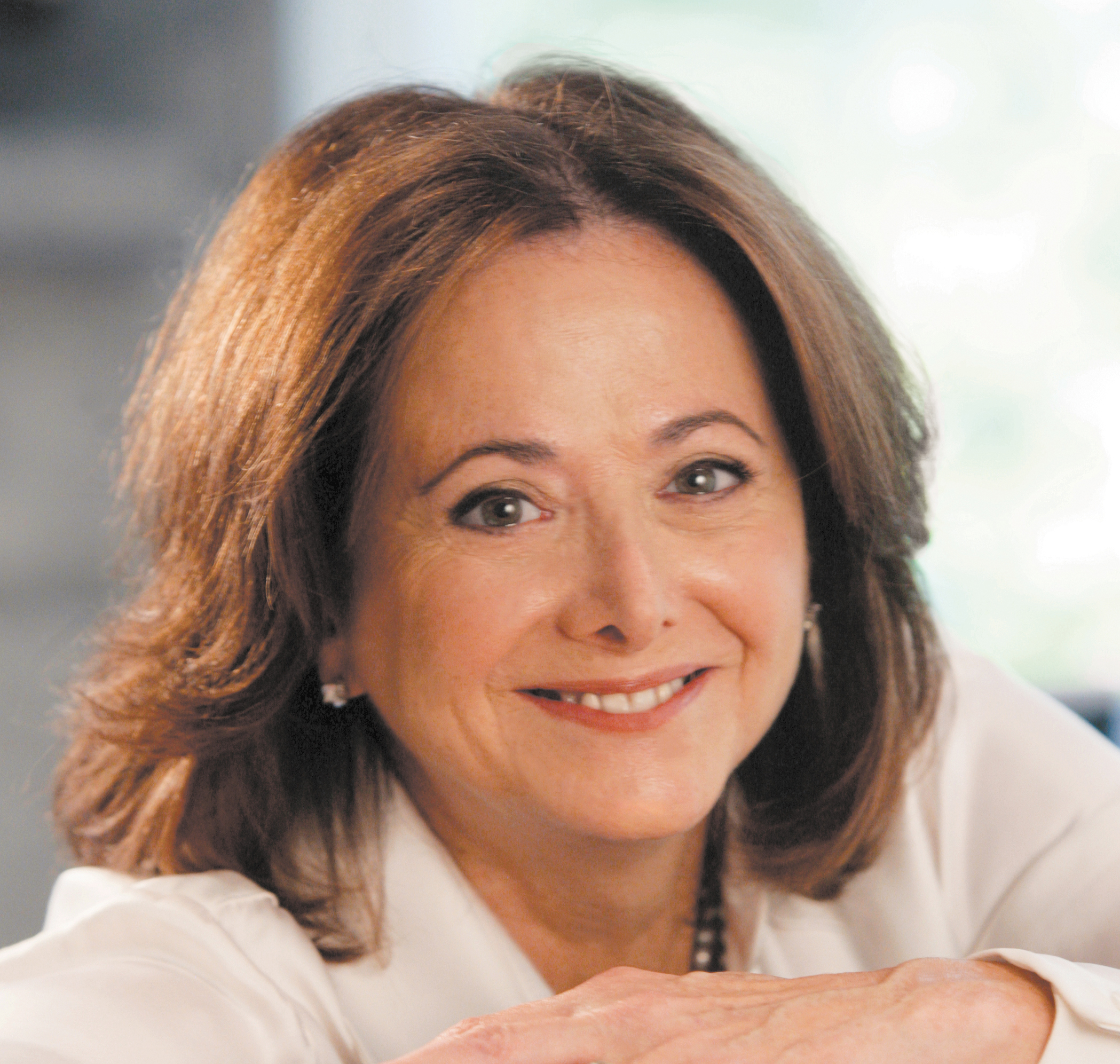
Elaine Gordon is a retired Superior Court judge and founder of Gordon ADR. She is a member of the National Academy of Distinguished Neutrals and a Distinguished Fellow of the International Academy of Mediators.
A Note from Judge Gordon
It’s hard to believe but Gordon ADR just began its seventh year.
It seems like yesterday that I retired from the bench on September 1, 2011. It’s also hard to believe that Gordon ADR is on track to complete 1000 cases sometime this year.
Without the encouragement and support of hundreds of lawyers and their staff, none of this would have been possible. So much for my plan to retire from the bench and work part-time!
It's clear from my travels around the country, going to conferences and conducting Mediations and Arbitrations, that more and more cases each year will be resolved using ADR. I am pleased to play a role in helping lawyers, and their clients, reach settlement of their disputes through this time saving and cost effective process.
I hope you will find the time this fall to enjoy the best that New England has to offer as we get ready for winter.With continued good health and a sense of purpose, I look forward to working with you to help settle your cases. Your increasing willingness to use ADR, while zealously representing your clients, is very inspirational.
The comment I hear most often during pre-mediation conferences is:
“we agree we don’t want a joint session with opening statements.”
While mediations originated as a joint session model, the mediation of litigated cases is now often dominated by the use of separate caucuses. In the mediation setting, lawyers are overwhelmingly reluctant to speak about their cases in joint session fearing the loss of tactical advantage or starting off the mediation on a bad note by arguing their position.
In August, I attended a meeting of the National Academy of Distinguished Neutrals. One of the presenters was Sheila Heen, of the Harvard Negotiation Project, co-author of “Difficult Conversations,” a New York Times best seller. Her presentation offered insight into why opening statements and joint sessions are difficult, and offered some instruction about how we can do better.
As lawyers trained to work in a courtroom, we are not used to having conversations. We make opening statements, we question, we crossexamine and we argue. In mediation, these skills may well be a detriment to settlement.
Heen’s presentation illuminated why opening statements are so problematic. Our purpose in making such statements is often misguided. We want to show the other side our strength, and in the process we skip the gesture that says we are here to understand and resolve our case. The opening statement, delivered as if we were talking to a jury and not to our bargaining partner, ignores emotions and can threaten your adversary’s identity and sink the mediation before it even begins.
If counsel wishes to make opening statements, here is a summary of an opening statement which invites participation. It was provided with permission of counsel by a fellow member of the International Academy of Mediators. It was delivered by defense counsel in an employment case after a lengthy presentation by the plaintiff's lawyer at a joint session.
The defense counsel looked at the plaintiff and began by thanking the plaintiff and her lawyers for being present. He said he was a big believer in the mediation process and told the plaintiff there were six promises he would make during the mediation:
He was not here to attack the plaintiff in any way.
He was here to listen and had carefully listened to the plaintiff’s presentation.
He would process, evaluate, and re-evaluate everything learned at the mediation.
He would work hard and make a sincere effort to resolve the case.
He would be creative and look for any option that might help settle the case.
The final promise was to be honest. He said “Just as your lawyer set out your narrative, I will, in a thoughtful and honest way, set out our narrative. Not to convince you or to secure your agreement but so that you will know what we will tell our trier of fact.”
After a ten minute low key summary, the lawyer said. “I hope at the end of the day we will shake each other's hand and wish each other well because we resolved the case. Thank you for listening.”
This was all said sincerely and the plaintiff listened to everything that was said by defense counsel. The case settled that day.
You may also be interested in ...
